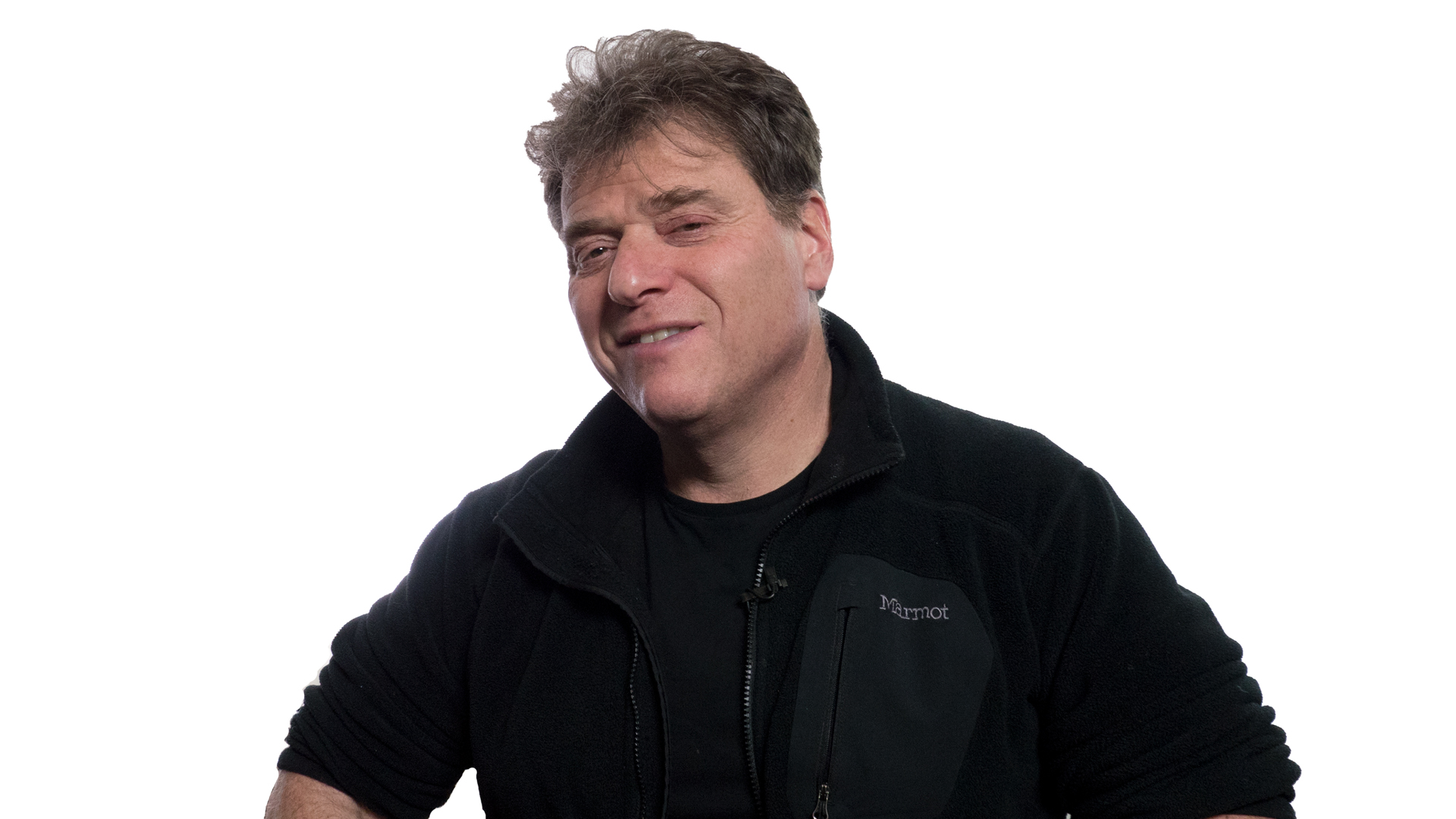Andrew Keen is a British-American author and entrepreneur whose latest book, “The Internet is Not the Answer,” explores the internet’s negative effects on our psychology, economy, and culture. In this interview, Keen uses Uber as an example of an internet innovation that is wreaking havoc on an entire industry while taking advantage of its unregulated status to exploit customers and employees alike.
Andrew Keen: Uber’s Travis Kalanick epitomizes the frat boy libertarian approach in Silicon Valley. He has no respect for government, no respect for his employees, no respect for critical journalists who go after his company. Indeed there was a recent case where one of his VPs suggested that they would go after one of the journalists, a female journalist called Sarah Lacy and Kalanick did absolutely nothing, didn’t even dismiss this VP. So Kalanick epitomizes that libertarianism, he used to have an Ayn Rand photo on his Twitter page.
More seriously though although that’s also a serious critique, Uber epitomizes the reason why the Internet is not the answer. At the moment we have this free market ideology that says all you need are platforms, that the Uber platform for cabs will replace the old archaic monopolies of the twentieth century. But of course Uber represents a much more dangerous monopoly. The reason why Uber is valued at 40 billion dollars, the reason why billions of dollars of Silicon Valley and Wall Street money have poured into Uber is because it’s a play actually controlling the entire global cab transportation industry. Uber is not for the people, it’s not for the consumer. It’s for Uber employees, it’s for Travis Kalanick to dominate that market. It becomes the dominant platform. And with that domination it’s a really very scary prospect. Already Uber’s behavior I think is untenable and very morally questionable.
For example, the Uber market is so dependent on the free market that when it rains, when there’s a snowstorm, on New Year’s Eve, on Thanksgiving, on any occasion where there’s excessive demand for cabs, Uber fares go up 10, 12 X. There’s no regulation, there’s no defense. Let me give you the best anecdote I think of all. I was in Detroit a few months ago, got into the back of a cab, African American driver, had five cabs of his own, would have been one of those small businessmen who would be swept away by Uber. Hardworking guy, very anti-Uber. He told me a story. His brother-in-law got out of jail, done ten years for manslaughter. When he came out of jail I said to him, “What did he do? Come and work for you?” He said, “No, I can’t employ him. The regulations are against me employing someone who’s done ten years for manslaughter.”
But that brother-in-law got a job with Uber. There’s no checks on Uber drivers so when you get into the back of an Uber cab you can be attacked. There are more and more cases in the Bay area of Uber drivers bullying their customers, even physically attacking them. So all this free market libertarian ideology, this idea that the government is the enemy, that regulation is the enemy is lending itself to a system whereby Uber isn’t regulated, isn’t controlled, can charge us anything they want, can exploit us as customers. Uber is even exploiting its drivers. It doesn’t employ them. It doesn’t give them any security. It doesn’t allow them to join unions. And Uber drivers are indeed themselves striking against Uber because they see it as exploitative. So on every level whether it’s the driver, the customer, the legacy cab companies, the local authorities, Uber is exploitative and bad news. It’s the reason why without regulation the Internet is not the answer.
Directed/Produced by Jonathan Fowler, Elizabeth Rodd, and Dillon Fitton




